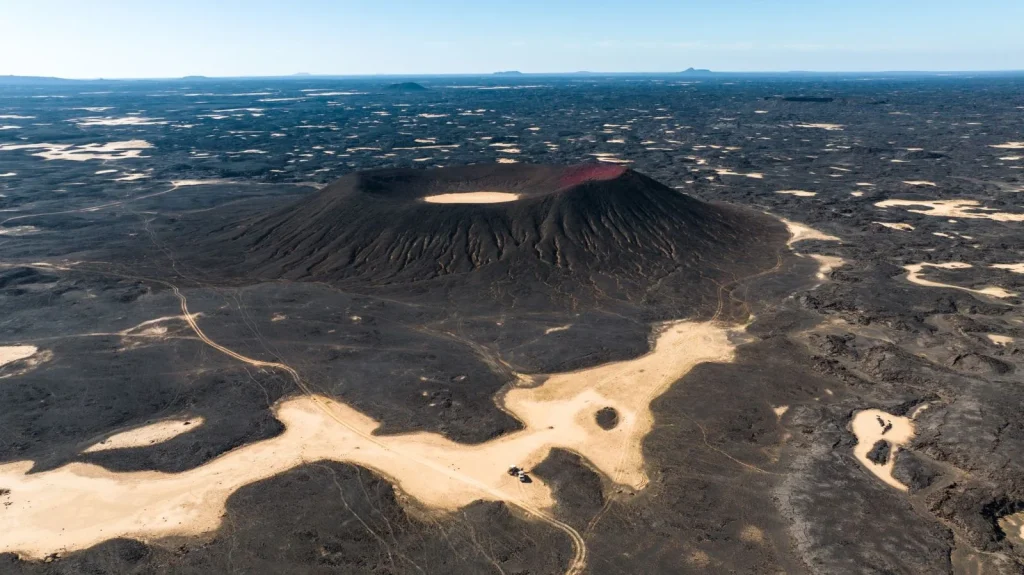Libya’s leading oil reserves at 48.36 billion barrels

Libya reasserts their position as the leading country in Africa for proven oil reserves with a total of 48.36 billion barrels, a figure unchanged since 2013 reported the Libya Review.
In the Organisation of the Petroleum Exporting Countries’ (OPEC) most recent annual statistical bulletin, Libya can be seen continuing its domination of Africa’s oil reserve rankings, even with the continent’s 2024 dip in total reserves.
Africa’s proven crude oil reserves went down to 119.36 billion barrels in 2024 from 2023’s 119.58 billion barrels, the OPEC data indicated. This came after a moderate uptrend in 2023 of 533 million barrels from 2022’s 119.05 billion barrels. Libya’s reserves have remained stable for 12 years, even with these fluctuations.
Following Libya with Africa’s second highest oil reserves is Nigeria with 37.28 billion barrels, despite being the only African country to report a decrease in reserves with a drop of 220 million barrels in 2024. The third highest reserves are held by Algeria, with 12.2 billion barrels, a figure held since 2006.
In production however, Nigeria takes the lead with 1.34 million barrels per day on average in 2024, the highest in Africa, with Libya just behind with 1.13 million barrels per day.
Listed jointly by OPEC are Sudan and South Sudan, holding 5 billion barrels in reserve; Egypt possesses a further 3.3 billion barrels in proven reserves, the same figure was reported in 2021. Angola has held a consistent 2.55 billion barrels for the past 3 years, a substantial decrease from 7.23 billion barrels it reported in 2020 before revisions.
Additionally, Gabon holds 2 billion barrels, the Republic of the Congo holds 1.81 billion barrels, and Equatorial Guinea holds 1.1 billion barrels.
With persistent security challenges ad difficulty attracting foreign investment, OPEC have warned that among its members in Africa, including Libya and Nigeria, may drop to 4.2 million barrels per day by 2030.
The Libya Review, Maghrebi.org
Want to chase the pulse of North Africa?
Subscribe to receive our FREE weekly PDF magazine













